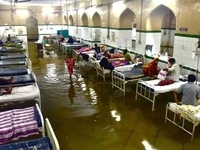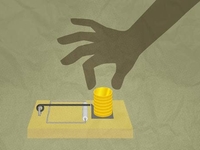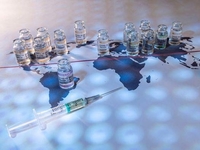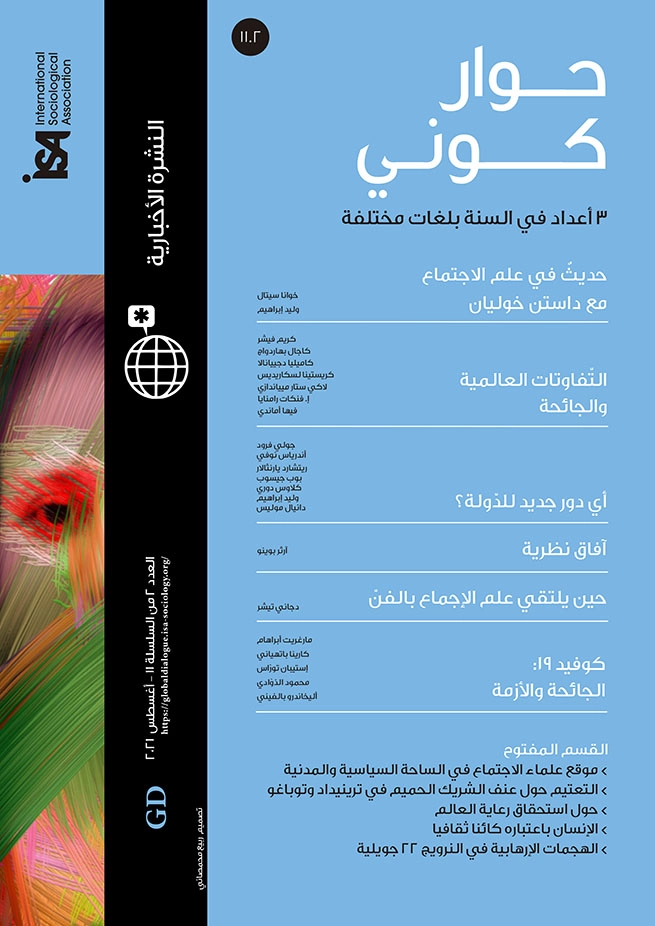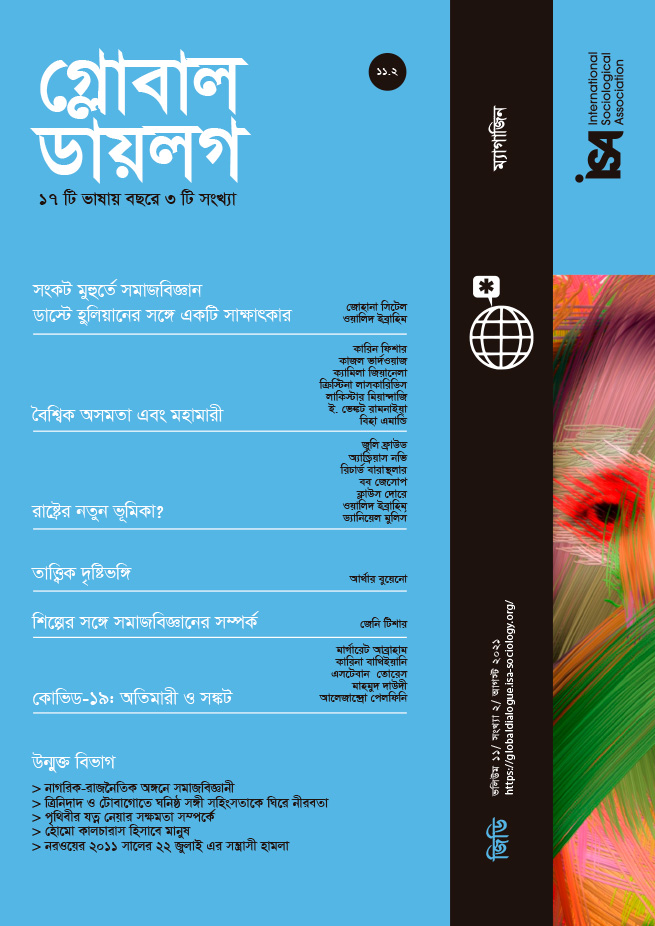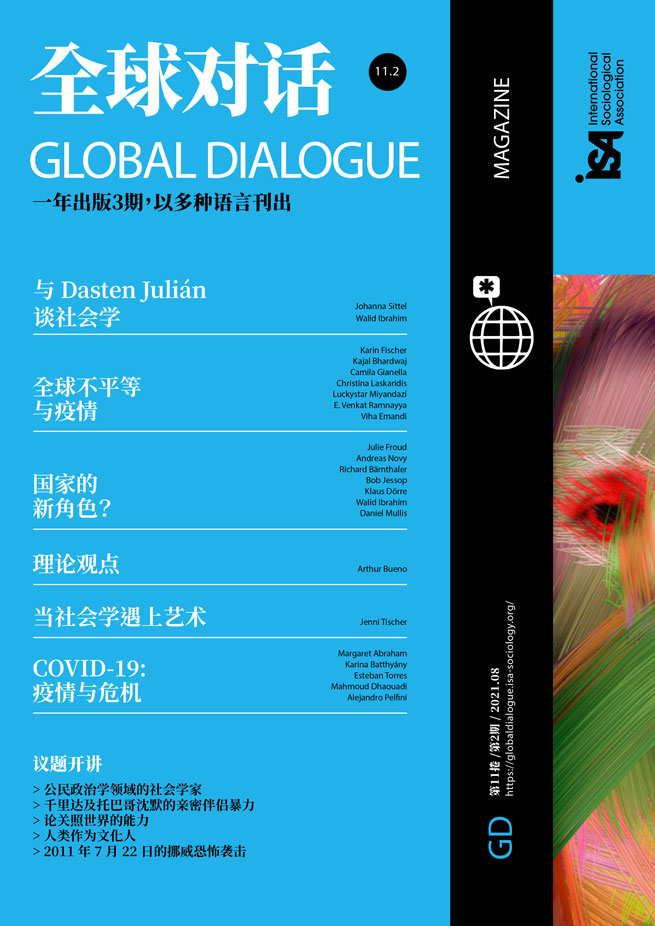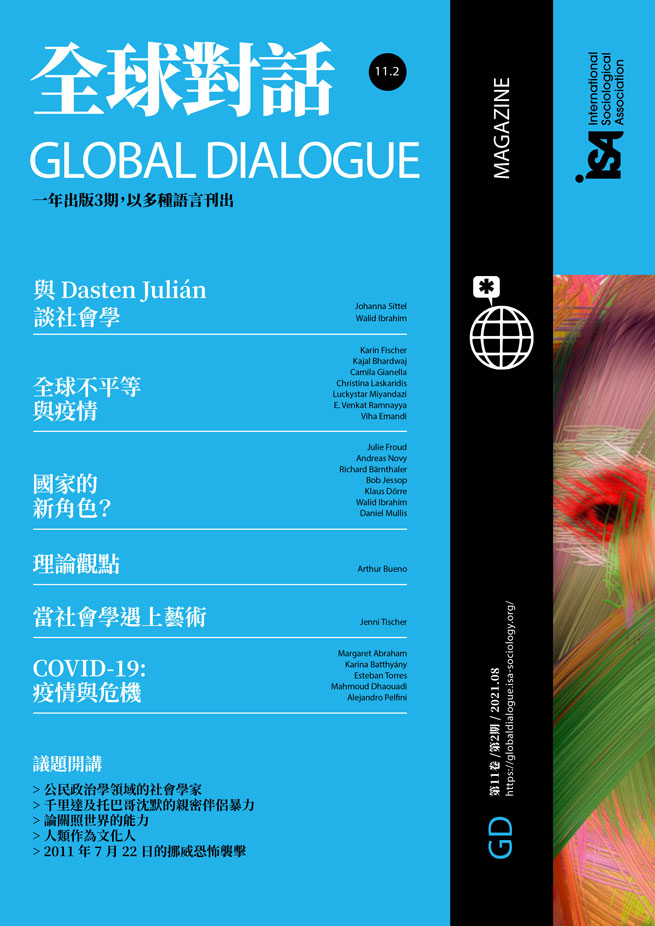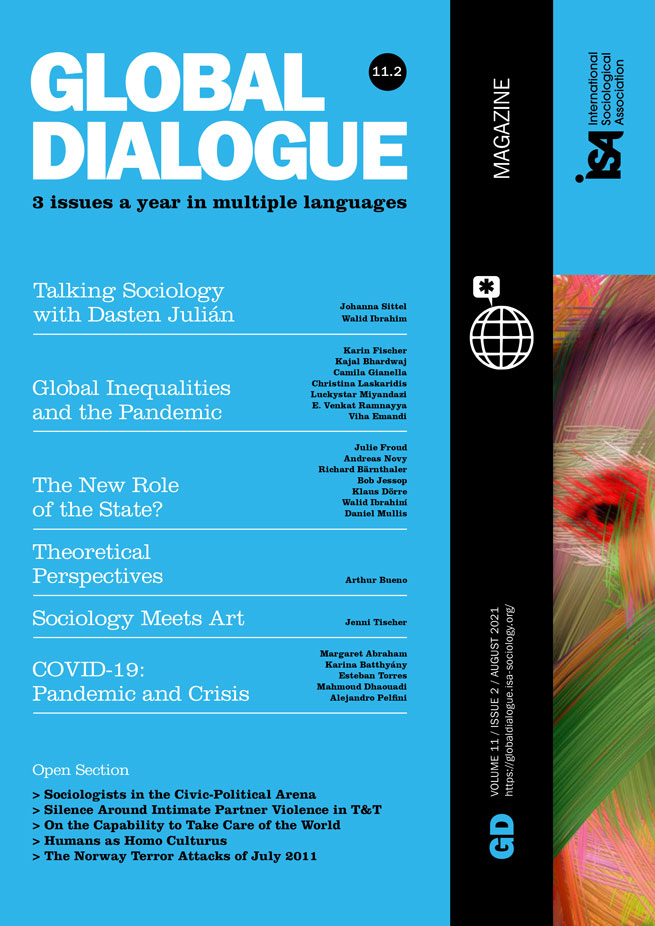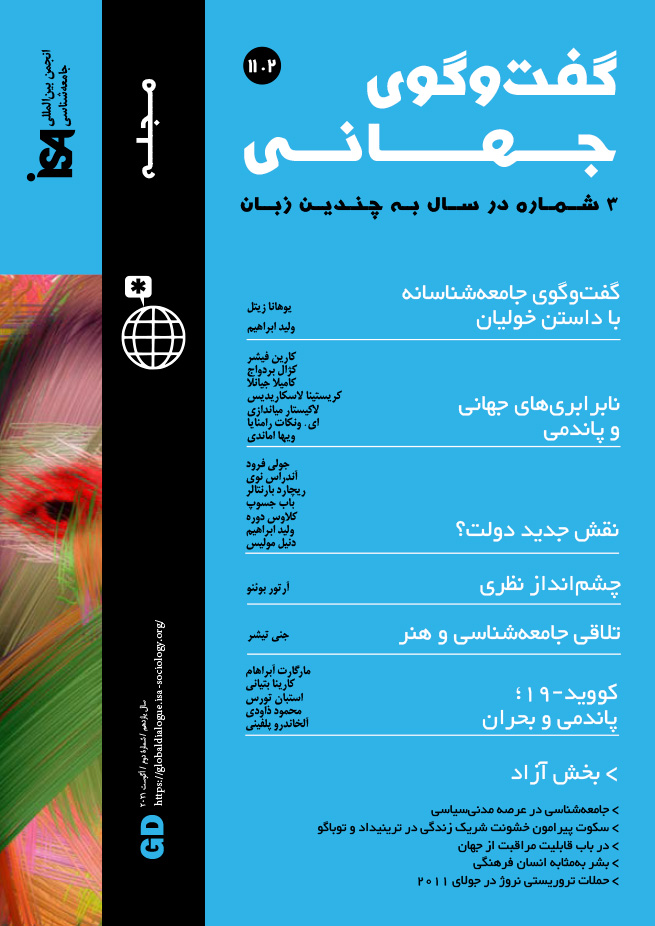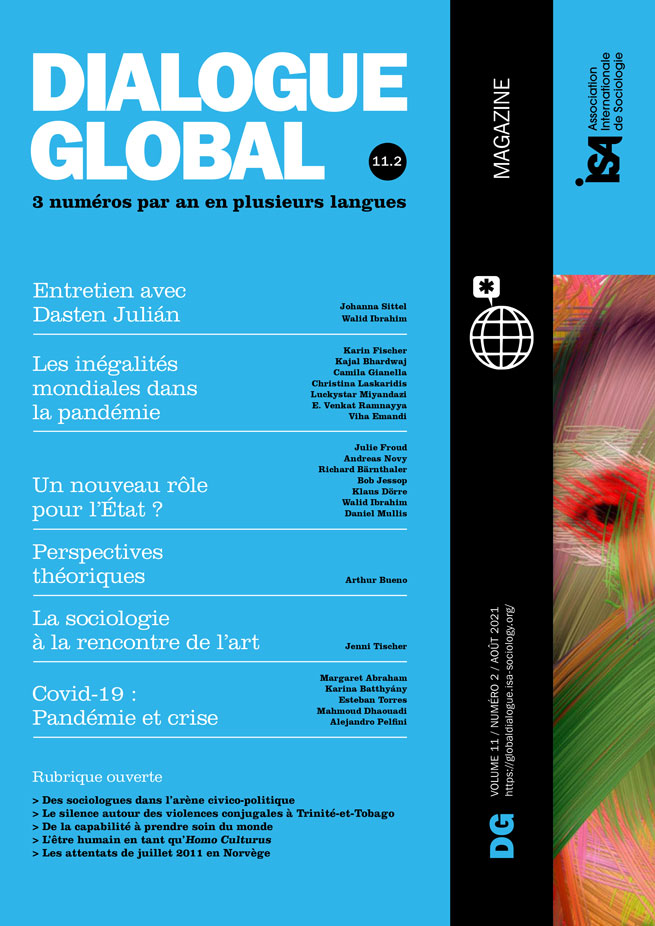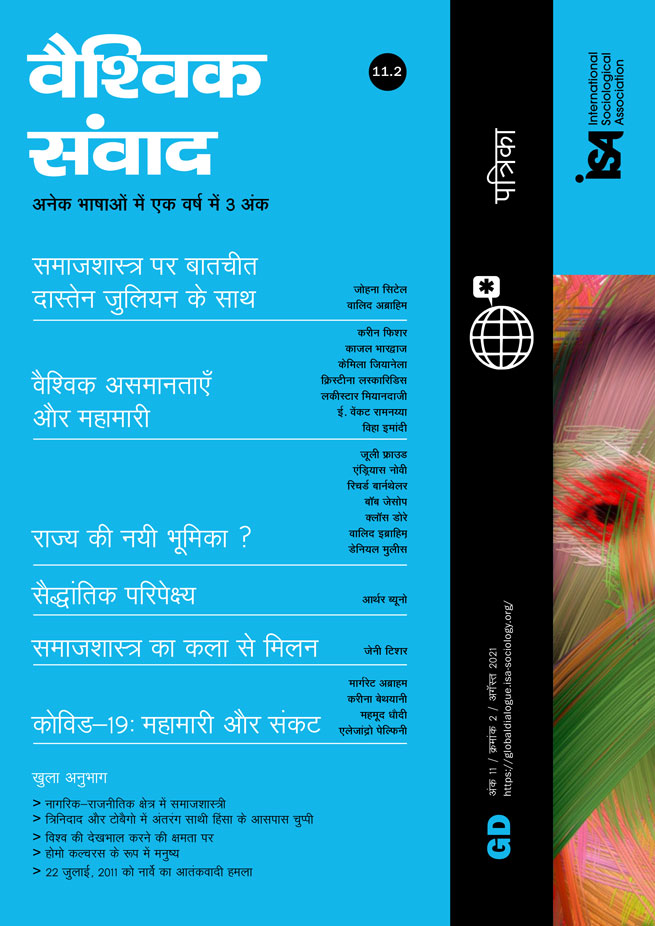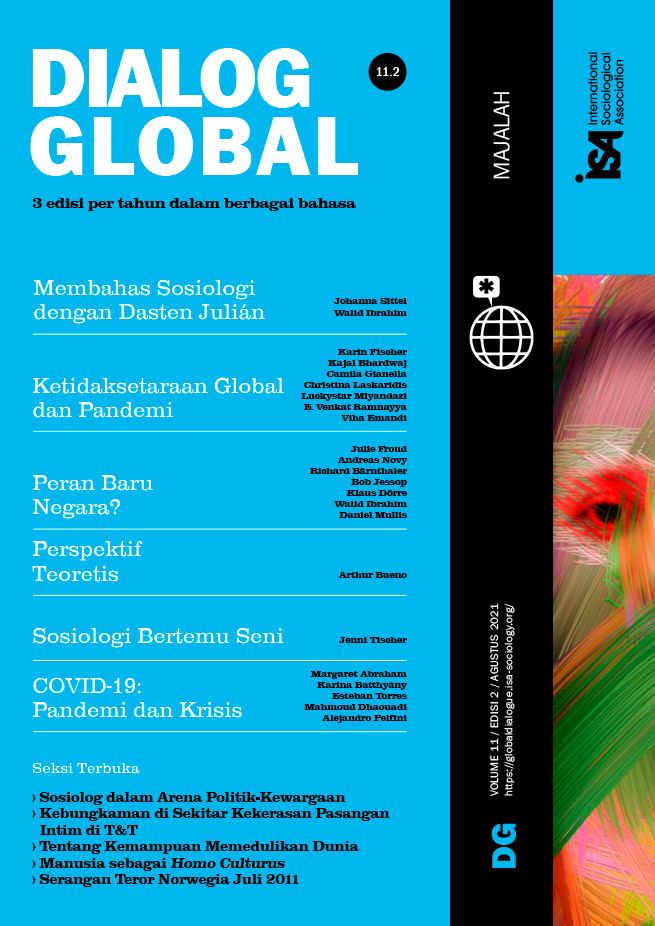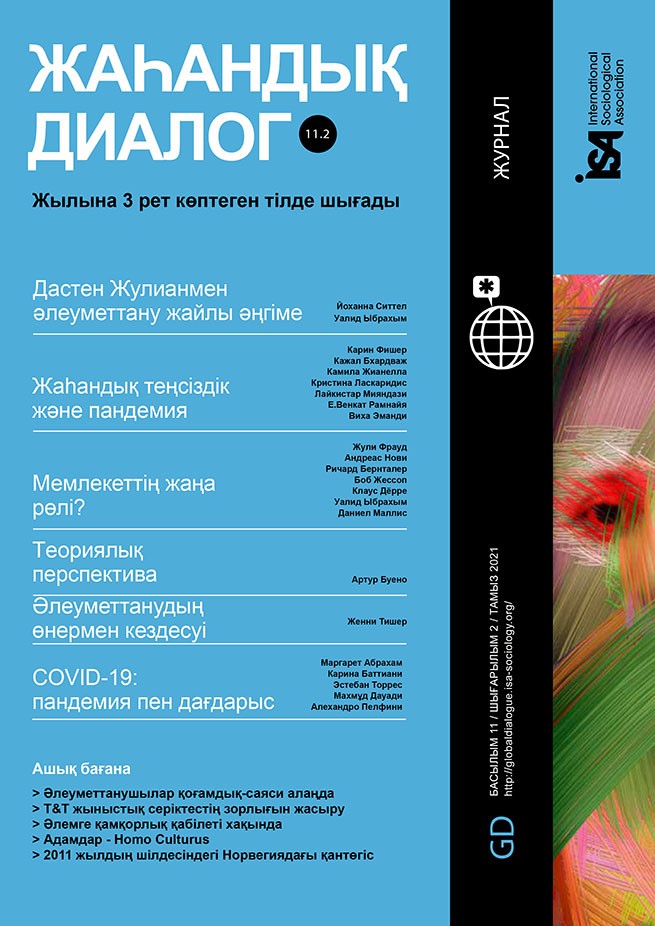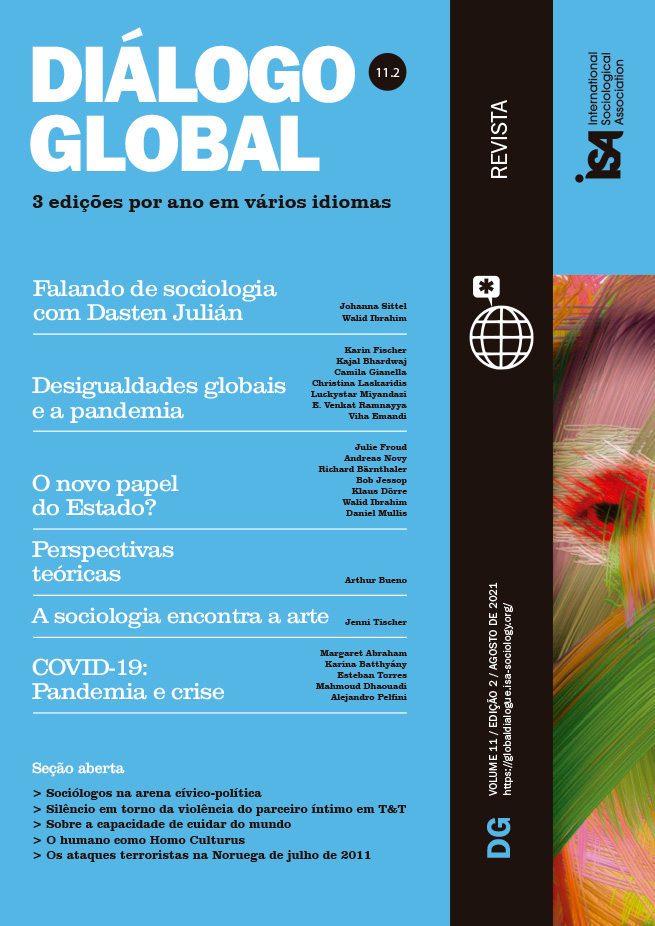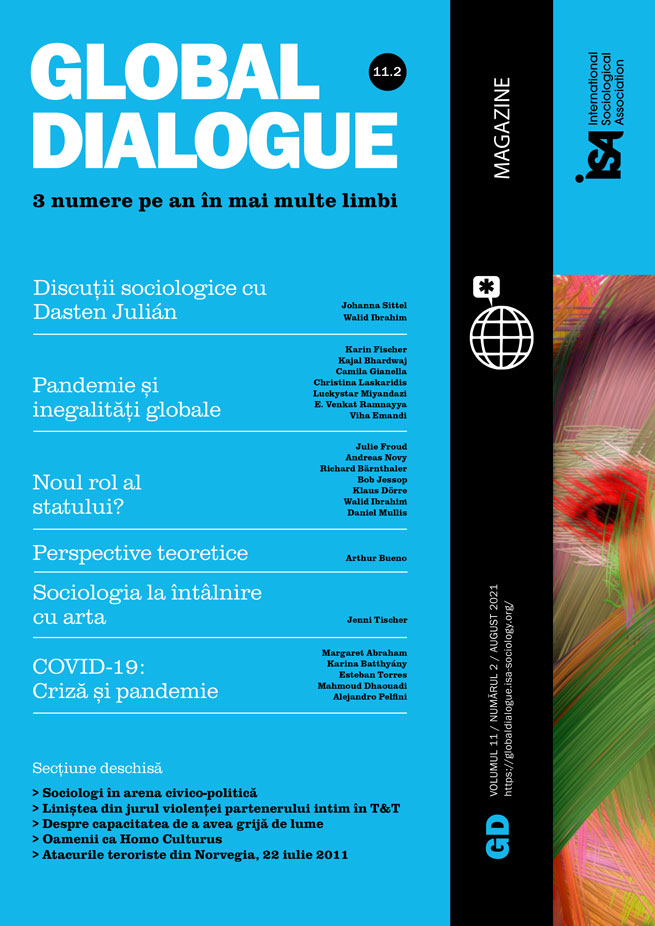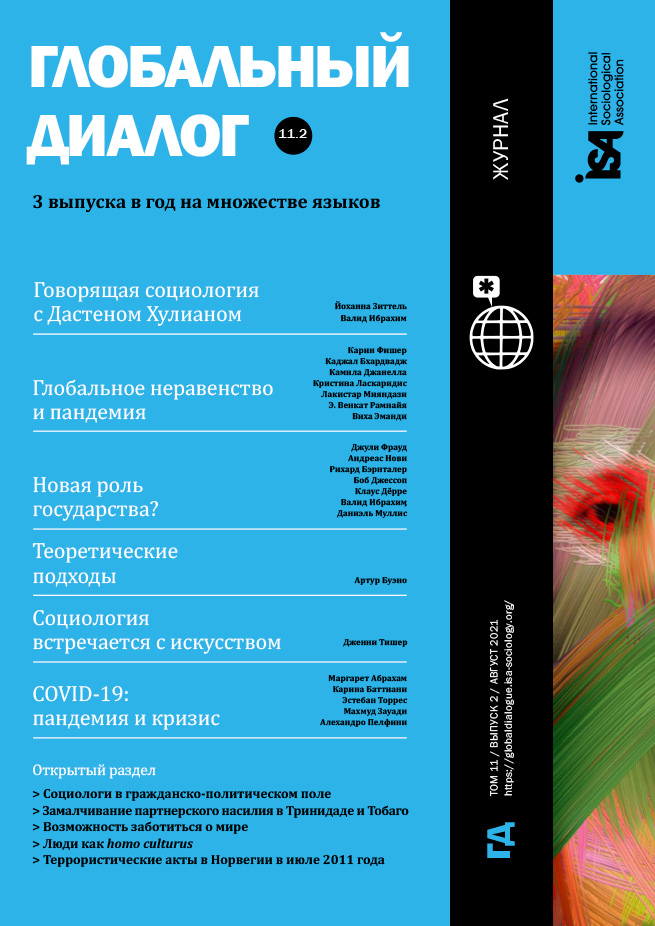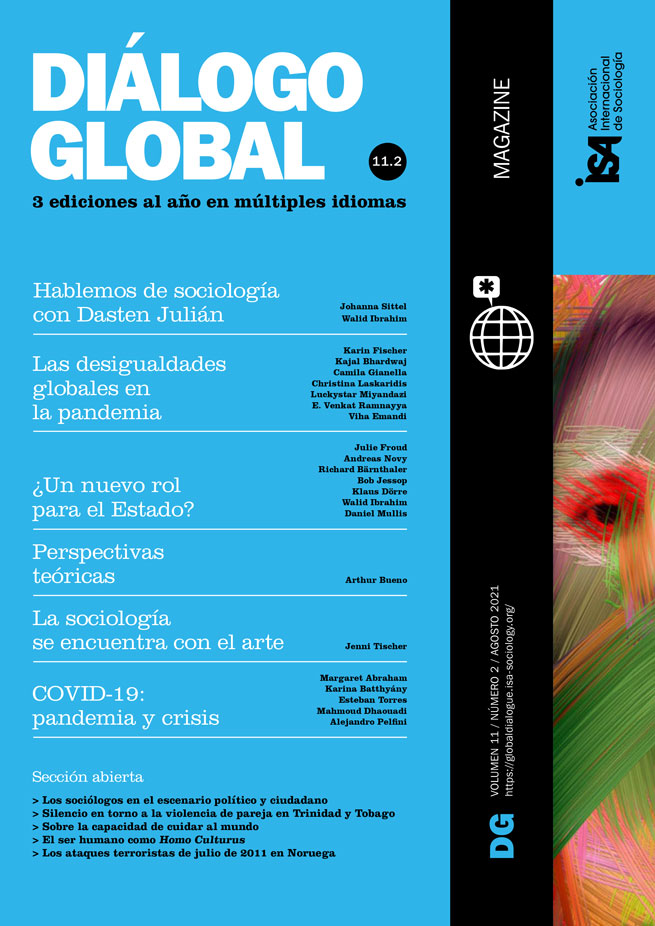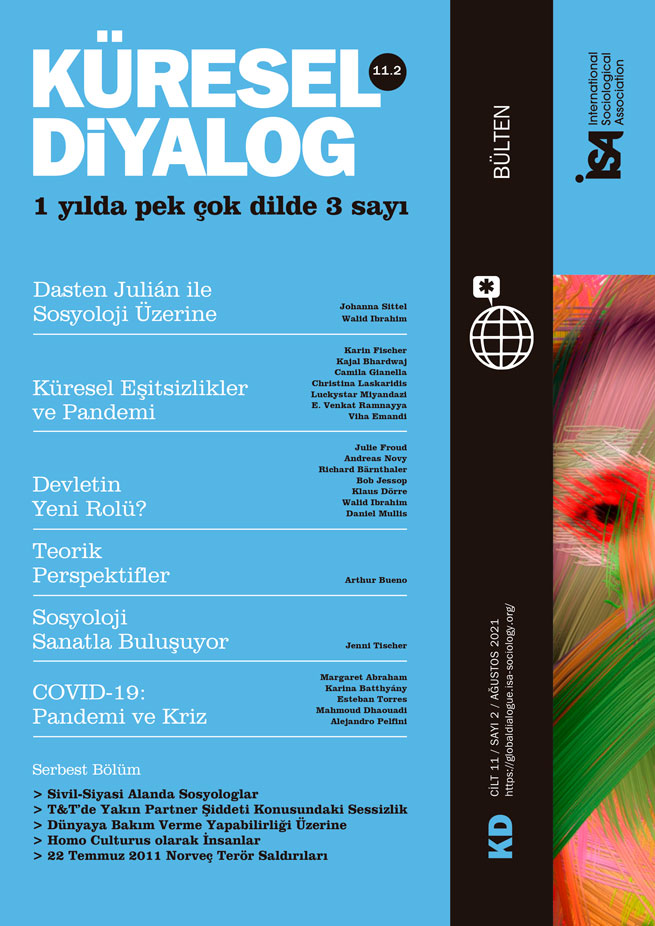The coronavirus exempts no one and respects no national borders. According to the UN Development Program, the human development index – a combined measure of education, health, and living standards – is on course to decline for the first time since 1990. The decline is expected across the majority of countries – rich and poor – around the globe.
This observation should not evoke an “equalitarian imaginary.” COVID-19 reveals that we are not all sitting in the same boat. “While we are all floating on the same sea, it’s clear that some are in super yachts, while others are clinging to the drifting debris,” as UN Secretary General António Guterres put it. The pandemic has exposed and increased existing inequalities of wealth and income, gender and race – within national borders, but particularly drastically on a global scale.
Highly unequal impacts of the pandemic can be observed at many scales, from the household to the sub-national and country level. The contributions in this special section focus on wide-angle perspectives on inequality - i.e., the North-South divide. Three subject themes illustrate entrenched inequalities between rich and poor countries: the unequal access to COVID-19 vaccines, therapeutics, and technologies; the sovereign debt burden and unequal financial relations; and the unequal exposure to climate change.
The first article by Kajal Bhardwaj illuminates the TRIPS Agreement of the existing world trade regime which places a higher value on intellectual property rights and private profits than on the human right to health. Monopoly rights of companies spur what is increasingly seen as “vaccine apartheid” or “vaccine imperialism”: the unequal, inequitable, and shocking scramble for COVID-19 vaccines. In her contribution, Camila Gianella visits Peru as one site in the unequal global vaccination procurement battle. Pfizer put her home country at the bottom of the supply list after not accepting some clauses of the vaccine purchase agreement – despite the fact that Peru has one of the highest COVID-19 incidence and mortality rates in Latin America.
The pandemic and the resulting global recession are driving countries into a debt trap. This is not a problem of poor countries alone. According to the Global Sovereign Debt Monitor 2021, 132 out of 148 countries surveyed in the Global South are critically indebted. Christina Laskaridis shows the unequal geographies of sovereign debt under COVID-19. She makes clear that policy concerning debt is a global power play with an enormous influence on living conditions. Luckystar Miyandazi adds to this the uneven global geographies of profit: Illicit financial flows are extracted from the world’s poorest countries and end up in the pockets of individuals, trade “partners,” headquarters of transnational corporations, and tax havens in the Global North. Africa loses every year nearly as much as the combined total annual inflows of official development assistance and foreign investment, she writes. That means that these countries have no fiscal space to pour cash into their economies or finance special social protection programs in response to the COVID-19 pandemic. Debt repayment obligations and illicit financial outflows will further strangulate their economies and hinder long-term development, as she shows with the example of Zambia.
Last but not least, E. Venkat Ramnayya and Viha Emandi draw attention to what they call “twin disasters,” as both the coronavirus and ecological vulnerability grow exponentially in some regions in India. They show that the social and economic impact of the pandemic is further exacerbated by ecological disasters such as water stress, floods, or cyclones. Again, the consequences of environmental disasters are unevenly distributed and primarily affect those who already suffer disproportionately from the pandemic.
COVID-19 is a global challenge. However, the closer the problems get and the greater the challenge becomes, the more the horizon becomes limited, it seems, to a nationalistic or even narrower perspective. Clarion call from the contributors: No one is safe, until everybody is safe!
Karin Fischer, Johannes Kepler University, Austria <Karin.fischer@jku.at>
